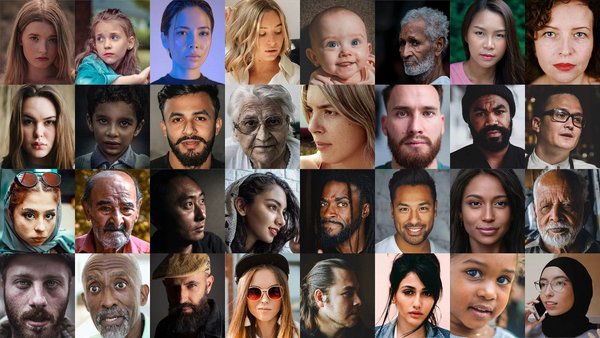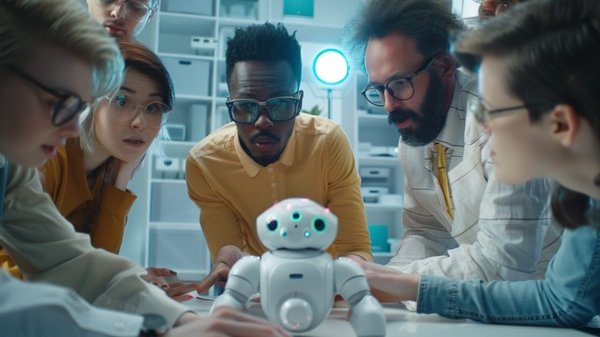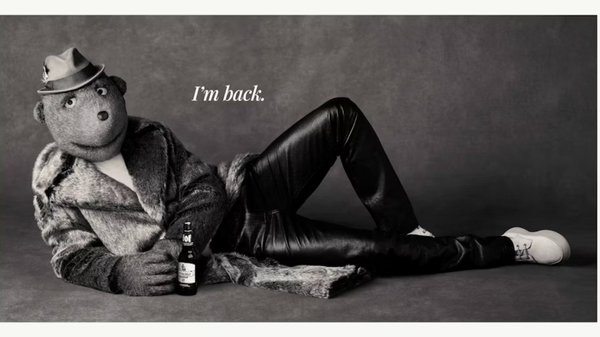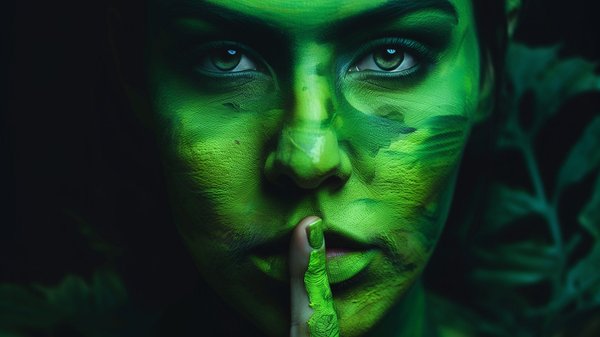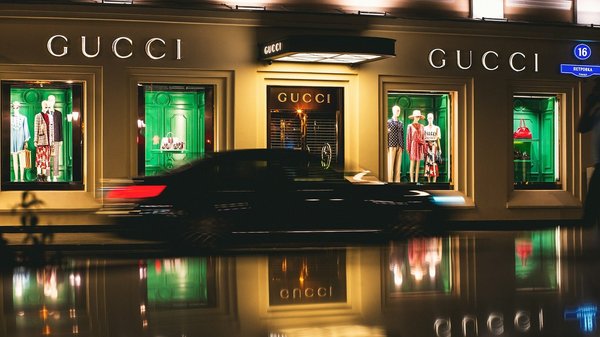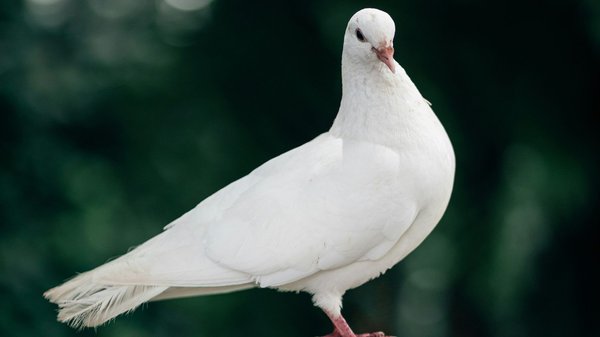Ronaldo and Pogba’s Euro 2020 sponsor snubs are fair game /
Sponsorship is the lifeblood of global events, but lazy product placement isn't worth defending
James Swift
/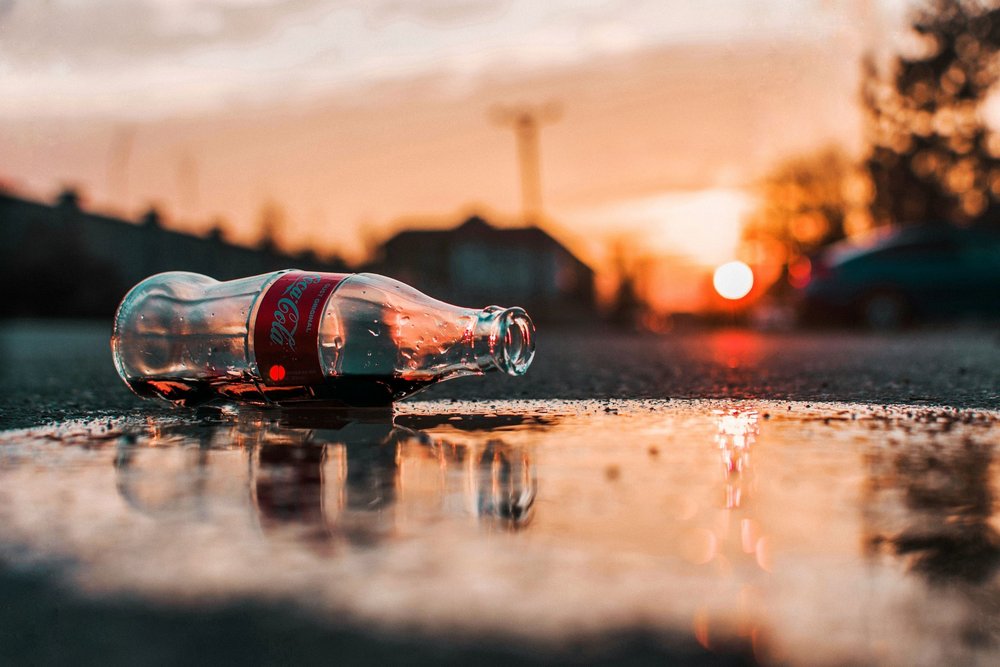
Photo by Krisztian Matyas on Unsplash
Two world-class footballers showed their displeasure at sponsor product placements during Euro 2020 press conferences this week, and it’s hard to blame either of them.
On Monday, Cristiano Ronaldo was about to begin a televised press conference when he moved out of view two obligatory Coca-Cola bottles that had been placed in front of him.
The Portugal captain then held up a bottle of water and said ‘agua’, indicating that people should drink water instead, before muttering ‘Coca-Cola...’ in an exasperated tone.
Shortly after*, it was reported that Coca-Cola’s share price fell 1.6% (from $56.10 to $55.22), wiping $4bn from the company’s market value. It began to recover quickly, but not before the papers had their headline.
The snub drew comparisons with Kylie Jenner, who in 2018 complained about Snapchat’s user interface on social media, precipitating a $1.3bn fall in the company’s market value.
Coca-Cola, which is an official sponsor of the 2020 UEFA European Football Championship, responded with a terse statement that ‘everyone is entitled to their drink preferences’.
Then on Tuesday French midfielder Paul Pogba removed a bottle of Heineken’s alcohol-free beer from in front of him before giving an interview about his team’s victory over Germany.
Is this an ‘I’m Spartacus’ moment for superstar athletes who no longer feel beholden to entertain sponsorship they have neither agreed upon nor benefit from (as Ronaldo and Pogba do for numerous brands)?
Sponsorship is a vital revenue source that makes global spectacle events possible, but there must be leeway for individual athletes. Ronaldo is a health fanatic, a role model for children and an incredibly lucrative commercial asset. He has every incentive not to want to be associated with Coca-Cola and advertising the brand in the past doesn’t change that.
Likewise, Pogba is a practising Muslim, and if that compels him to keep his distance from a beer brand, even in 0.0 form, no one should question it.
Part of the problem is that changing attitudes towards health and sugar and alcohol can make the presence of booze and soft-drink sponsors at sporting events seem incongruous.
In this regard, Heineken’s sponsorship was probably less jarring than Coca-Cola’s up to this point, since it has been positioned as the beer of the fans and the football experience – and there’s nothing incongruous about that.
But just shoving your product in front of an athlete and hoping to benefit from the implied association is artless; a stale tactic from a bygone age.
A little creative effort can make all the difference in these situations. Volkswagen probably has as much business sponsoring the Euro 2020 tournament as Coca-Cola or Heineken, but it was far from artless and stale when it showed up at the opening game last Friday and delivered the match ball on a tiny remote-controlled SUV.
Cynics may have squirmed, but many people laughed. And more to the point, no one read about it denting the company’s stock price in the news the next day.
*Update: Subsequent reports have stated that Coca-Cola’s share price had already fallen 1% during that day’s morning trade, before Ronaldo’s press conference took place.
Want more of the same? /
We don’t just write about best-in-class campaigns, interviews and trends. Our Members also receive access to briefings, online training, webinars, live events and much more.
